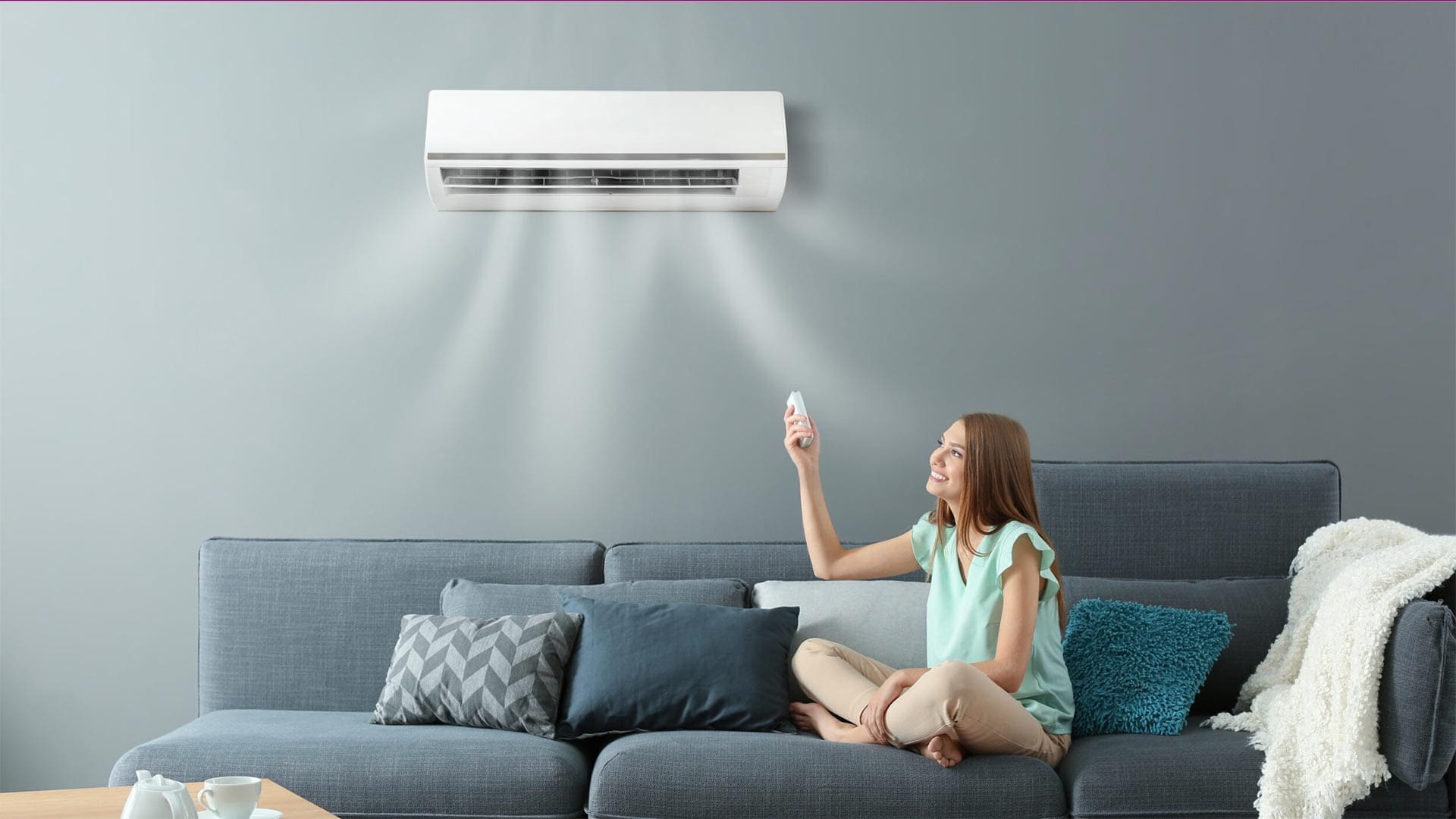Impact Of Outside Temperature On Indoor Cooling
Indoor cooling is super important for feeling comfy and getting things done. It helps us stay relaxed and work better. But did you know that the temperature outside can mess with our indoor chill? Yep, it's true! When it's boiling outside, our air conditioner has to work extra hard to keep things cool inside. That's where chiller services come in handy. They help keep our indoor spaces nice and chilly, even when it's scorching out there. So, next time you're enjoying a cool breeze indoors, thank the chiller services. They keep things chill despite the blazing heat outside. They're like the unsung heroes of indoor comfort!
Related: Three Environmental Conditions Have the Most Effect On HVAC Systems?
Heat Transfer Dynamics
When it gets hot outside, buildings get warmer inside. This happens because heat moves from hot places to cooler ones. So, if it's hotter outside than inside, heat will move into the building. This movement of heat is important because it affects how much cooling a building needs. Buildings use air conditioners to stay cool when it's hot outside. But if the heat can easily get inside, the air conditioner has to work harder. That's why it's important to understand how heat moves through the building. By understanding this, we can design buildings better. We can make them keep the heat out more effectively. One way to do this is by using good insulation. Another way is by using windows and doors that keep the heat out. Chiller services also help to keep buildings cool efficiently.
Related: 5 Ways You Can Improve Indoor Air Quality Using Your HVAC System
Efficiency Of Cooling Systems
When it's hot outside, cooling systems like air conditioners can have a hard time keeping things cool indoors. This happens because the hotter it is outside, the more work the cooling system needs to do. For instance, during scorching weather, air conditioners may run longer and use more energy. This increased energy use not only affects comfort but also impacts energy bills. Colorado chiller services can help maintain cooling systems to ensure they work efficiently. By keeping the cooling system in good shape, it can work better even when the temperature rises. So, understanding how outside temperature affects cooling systems is important. It's key for saving energy and staying comfortable in hot weather.
Related: Common Chiller Problems And Solutions: A Troubleshooting Guide

Role Of Insulation
Insulation is super important for keeping indoor temperatures just right. When buildings are well insulated, they stay cooler in the summer and warmer in the winter. This is because insulation helps to block the outside heat or cold from getting inside. For example, if you have a house with good insulation, it stays cozy even when it's hot outside. But if a building isn't insulated well, it can get too hot or too cold inside. That's where Colorado chiller services come in handy. They help to make sure that buildings stay at a comfortable temperature all year round. So, insulation is like wearing a warm coat in winter and using an umbrella in the rain. It keeps us comfy inside, no matter what's happening outside.
Related: How Does A Chiller HVAC System Work?
Influence Of Thermal Mass
Thermal mass is about how certain materials hold onto heat. Think of bricks or concrete. They can soak up warmth during the day and release it at night. This helps keep indoor temperatures steady. Buildings made of these materials can feel more comfortable. They don't get too hot when it's sunny, or too cold when it's chilly. This is because the materials act like a buffer, smoothing out temperature changes. So, in places with extreme weather, having lots of thermal mass can be helpful. It means you might not need to use as much heating or cooling. Plus, it can save energy and money. Understanding thermal mass and using it in construction can make buildings nicer. This is true no matter the weather outside.
Consideration Of Humidity
Humidity, or moisture in the air, is affected by outdoor temperature. When it's warmer outside, humidity levels rise because warm air can hold more moisture. High humidity makes indoor spaces feel sticky and uncomfortable. It strains cooling systems like air conditioners, making them less efficient. To keep indoor conditions comfy, it's important to manage both temperature and humidity. Using dehumidifiers, proper ventilation, and sealing up leaks can help control humidity. Modern air conditioning systems also help regulate temperature and humidity. By keeping humidity levels in check, we can create a more pleasant and healthy indoor environment, even when it's hot outside.
Related: How To Reset An Air Conditioner When It’s Not Working?
Practical Implications And Solutions
Here are some helpful tips for people who own houses or manage buildings. First, it's a good idea to make sure your place stays cool inside during hot weather. You can do this by adding more insulation and picking the right cooling systems. It's also important to keep the humidity levels balanced. Regularly checking and fixing any problems with your cooling systems is crucial too. This will help them work well, no matter how hot it gets outside. So, if you want to make sure your home or building stays comfortable during the summer, these suggestions could be very useful.
Related: How Much Does It Cost To Fix AC In-House?
Enhancing Home Comfort And Sustainability Together
It's important to remember how the weather outside affects how cool it gets inside. This means that there's a lot to think about when it comes to making sure your home stays comfortable. Remember, it's not just about turning up the air conditioner. We need to work together to find the best ways to keep our homes cool without using too much energy. So, let's all focus on finding solutions that help us stay comfortable while also being kind to the environment. Teamworks at home is key. Let's work together to make sure we're using the most efficient cooling methods possible. By doing this, we can help combat climate change and create a better world for everyone.




















